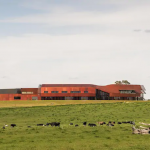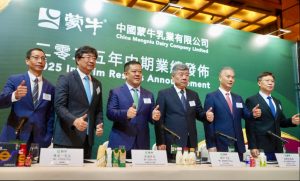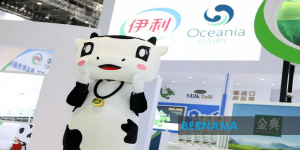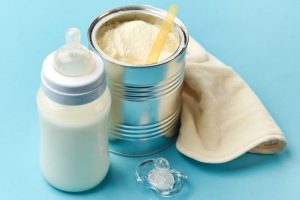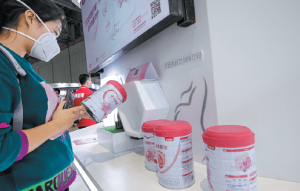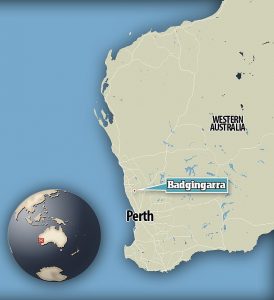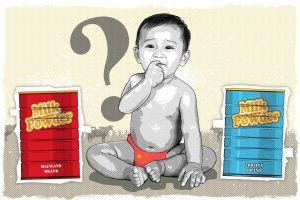
With Mother’s Day (May 12) round the corner, it’s important to remind people, new mothers in particular, the importance of breastfeeding.
Mother’s milk contains all the fat, vitamins, proteins and everything else that a baby needs for a healthy start. It is the ideal nutrition for infants. Yet a recent survey conducted by China Development Research Foundation shows that only 29.2 percent of the new mothers in China exclusively breastfeed their babies for the first six months. This is far below the world average of 43 percent, and even below the average of 37 percent in low-and middle-income countries.
Why?
Advertisements promoting baby food, many of which claim infant formula can partly even completely replace breast milk, are evident almost everywhere in China. The CDRF survey has found that the advertising and promotion of infant formula increases the likelihood of mothers feeding their babies infant formula in the first six months by 30.8 percent.
The marketing of baby food misleads people into believing that infant formula is equal or superior to breast milk and can partly or completely replace it. Moreover, the aggressive promotion of infant formula further induces consumers to purchase it. The exclusive breastfeeding rate, the rate of babies who are exclusively breastfed for the first six months is, therefore, significantly reduced.
Research shows that in 2015, the number of newborns in China accounted for 12 percent of the total number of newborns in the world, while the retail sales of infant formula accounted for 40 percent of the global market. The infant formula market in China increased rapidly from 76.1 billion yuan ($11.38 billion) in 2012 to 128.6 billion yuan in 2017, representing a compound annual growth rate of 11.1 percent. And it is expected to exceed 180 billion yuan by 2022.
Yet according to the World Health Organization’s recommendations, babies should be exclusively breastfed for the first six months. In other words, breast milk should not be replaced by infant formula, juice or water during the first six months of a baby’s life. After six months, breastfeeding should be continued along with nourishing and safe complementary foods for the baby until it is at least two years old.
As early as 1981, WHO adopted the International Code of Marketing of Breast-milk Substitutes, urging countries to strictly regulate the marketing of infant formula and incorporate it into their laws. So far, 136 countries around the world have enacted relevant laws.
China had an administrative regulation for the marketing of breast milk substitutes, which regulated the production, sale and promotion of infant formula, but the National Health Commission abolished it in 2017 without a replacement. Which means there is no legislation to comprehensively regulate the marketing of infant formula, although there are some articles in the Implementation Measures for the Maternal and Infant Health Care Law and the Advertising Law related to advertising and promotion of infant formula.
The implementation measures prohibit healthcare institutions from promoting or recommending infant formula to the parents of newborns and the Advertising Law prohibits advertisements in the mass media or public places for dairy products, beverages and other foods for babies that claim to be substitutes for breast milk. But these articles are not sufficient to effectively regulate the advertising and promotion of infant formula in China.
The Chinese government has set the goal of increasing the rate of babies who are exclusively breastfed for the first six months to 50 percent or more by 2020. But the marketing of infant formula has become a major obstacle to achieving this goal.
Legislation is needed to comprehensively and strictly regulate the marketing of infant formula if exclusive breastfeeding is to be promoted. And while new mothers need to be made aware of the benefits of breastfeeding their babies, there is also a need to create a more supportive social environment for breastfeeding.
The government still has time to realize its goal, but it should start taking serious action now.
The author is with the China Development Research Foundation. The views don’t necessarily represent those of China Daily.
![A nurse instructs a mother in the process of breast milk donation at the Maternity and Child Care Center in Qinhuangdao, Hebei province, last year. The milk is provided to premature and critically ill infants whose mothers cannot produce enough milk. [Photo by CAO JIANXIONG/FOR CHINA DAILY]](https://en.edairynews.com/wp-content/uploads/2019/05/Marketing-of-infant-formula-must-be-regulated.jpeg)

